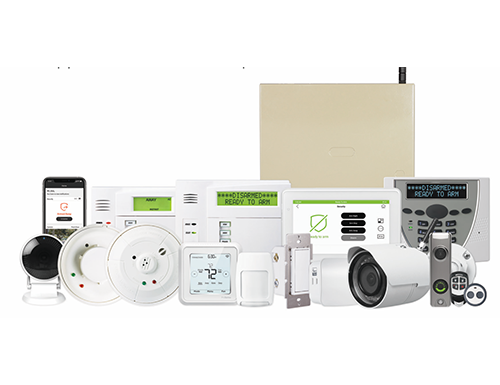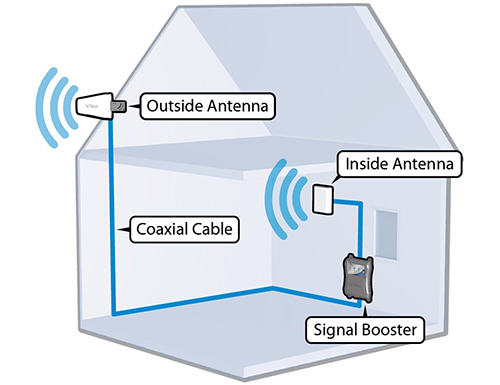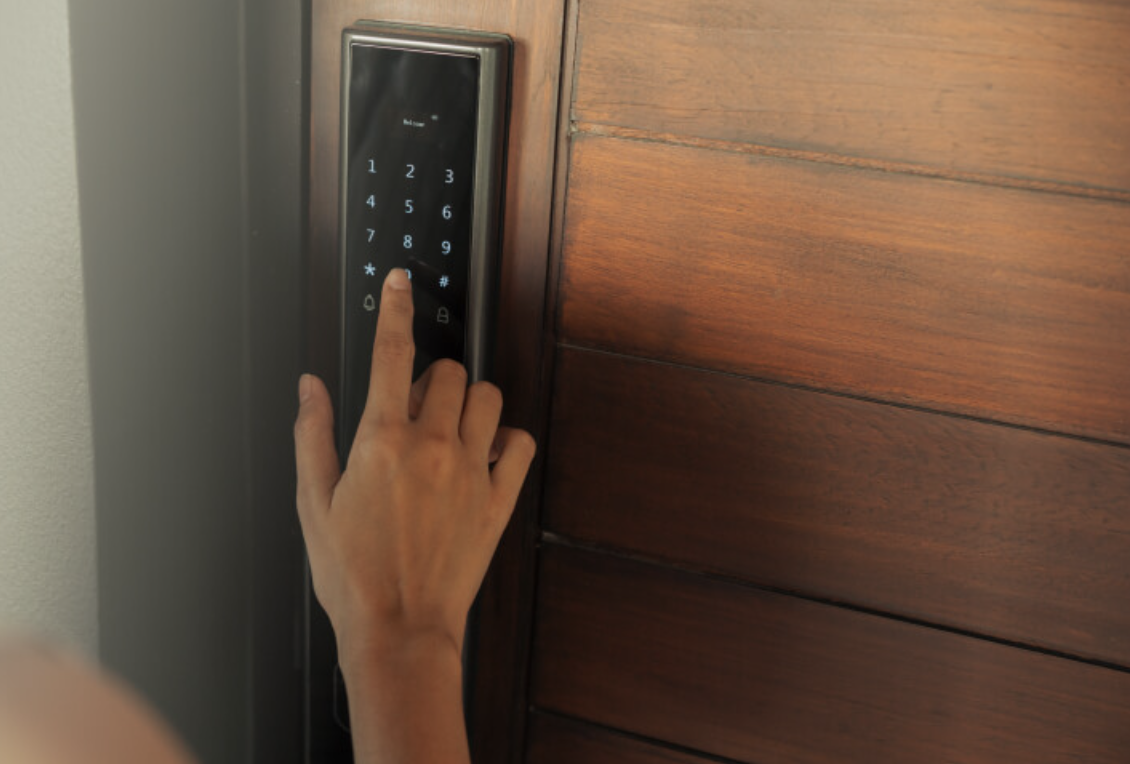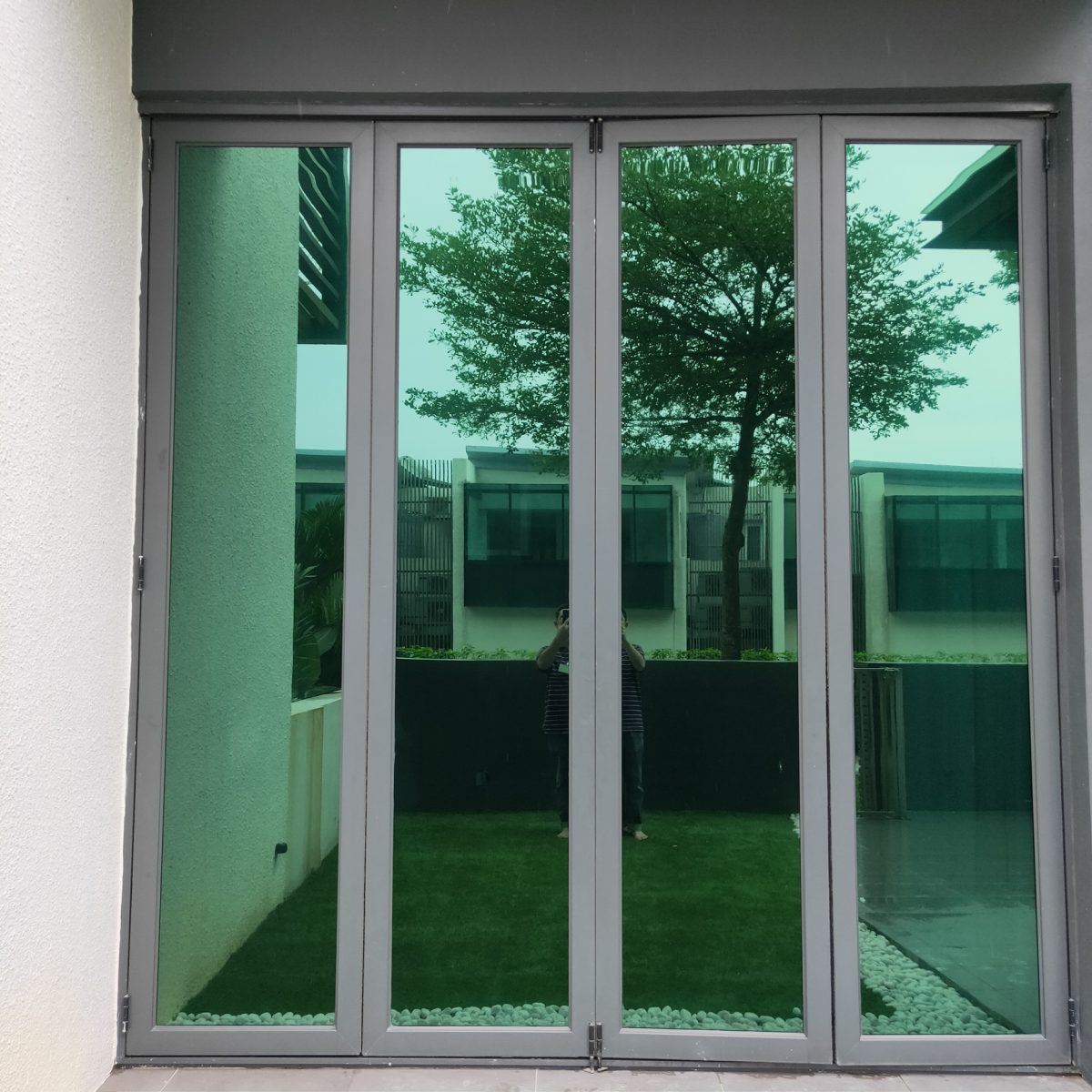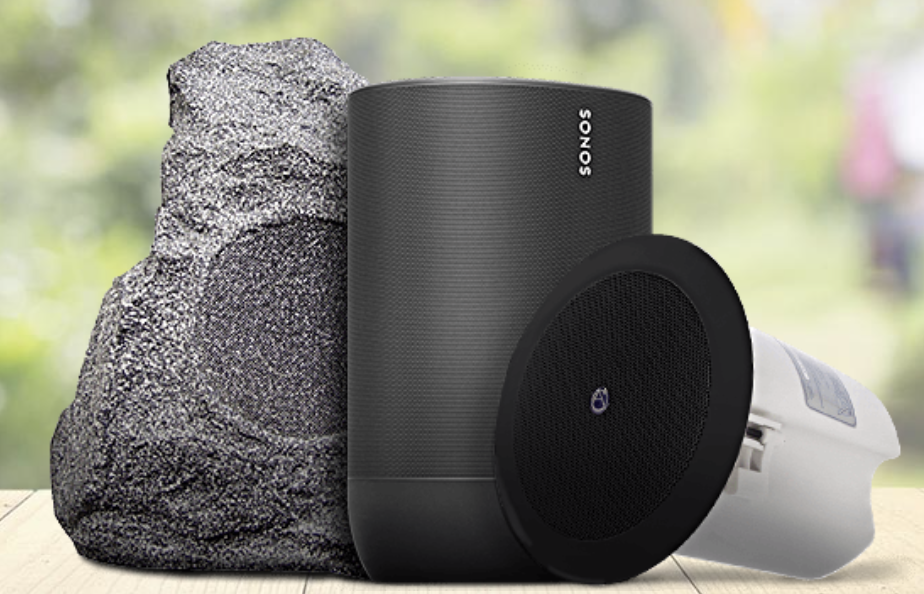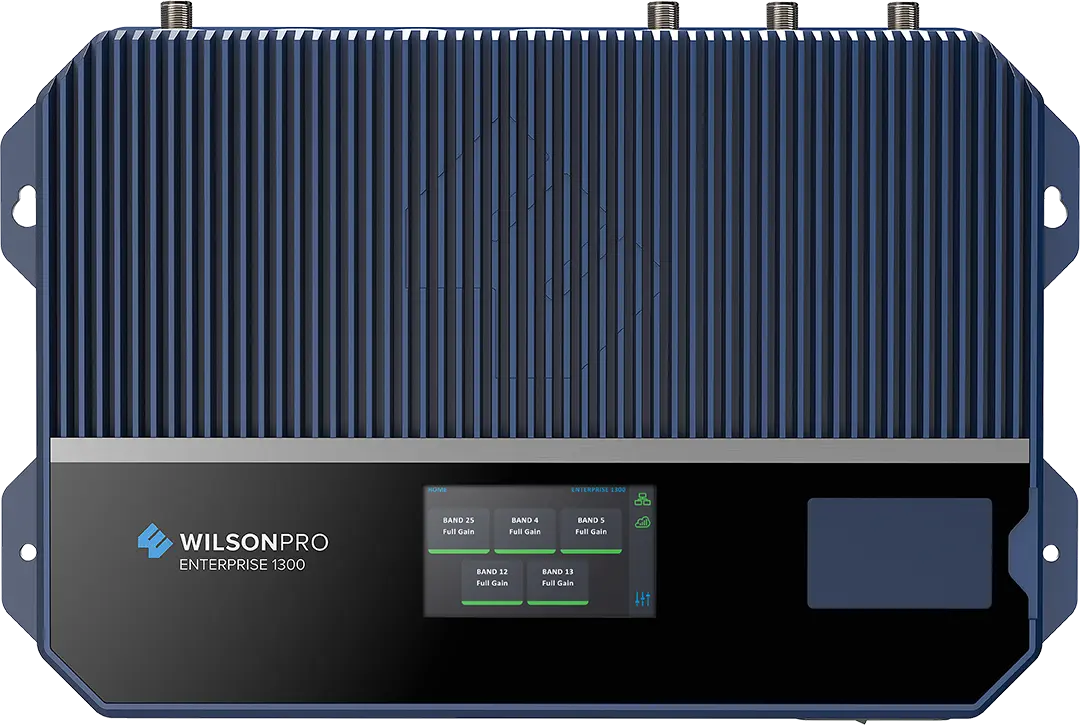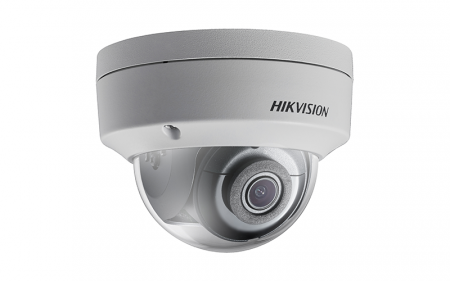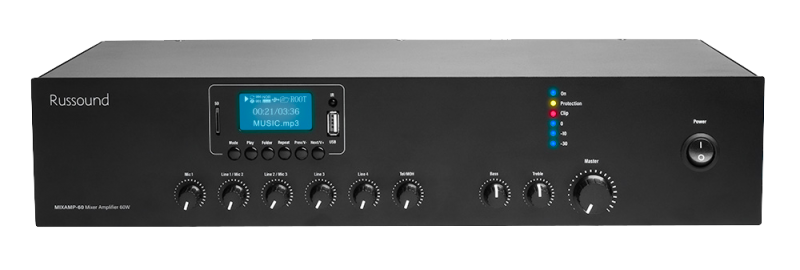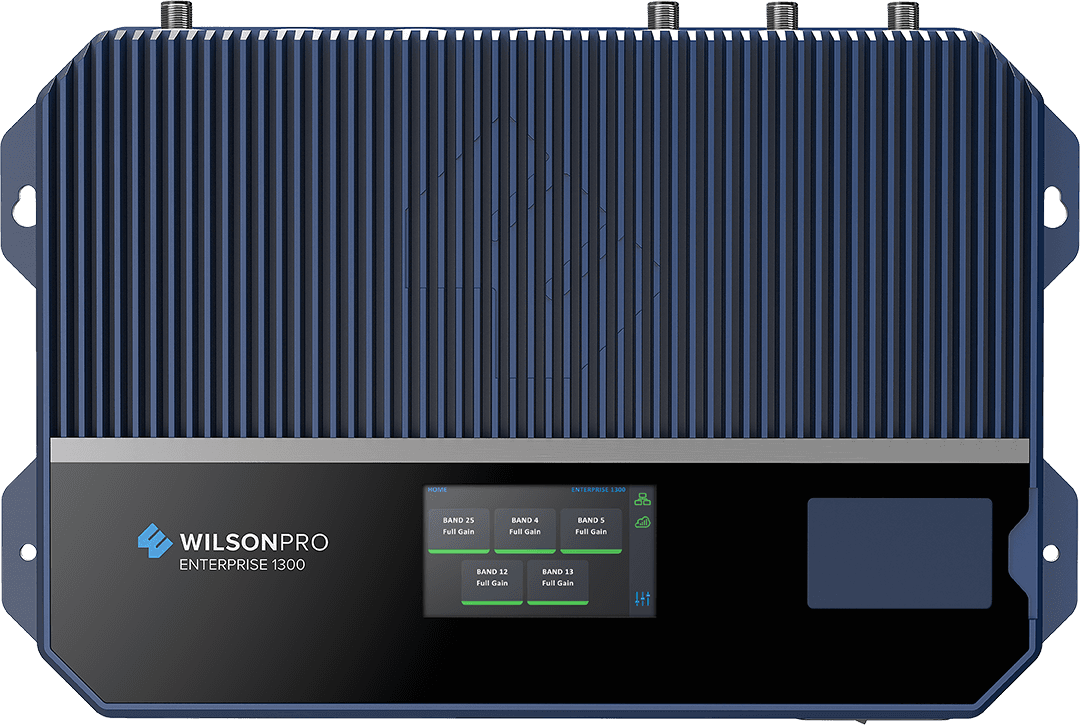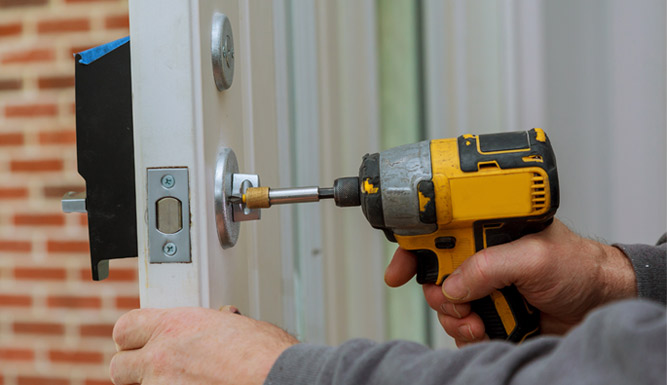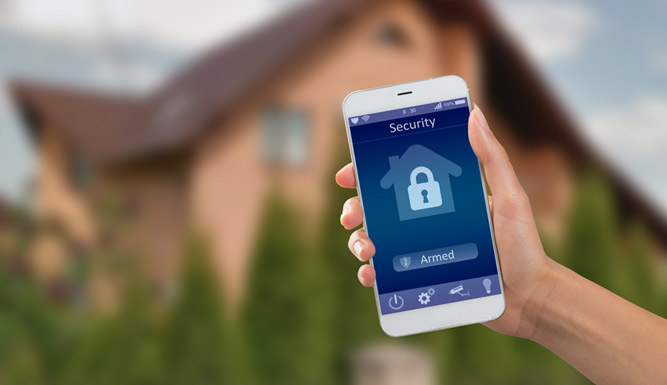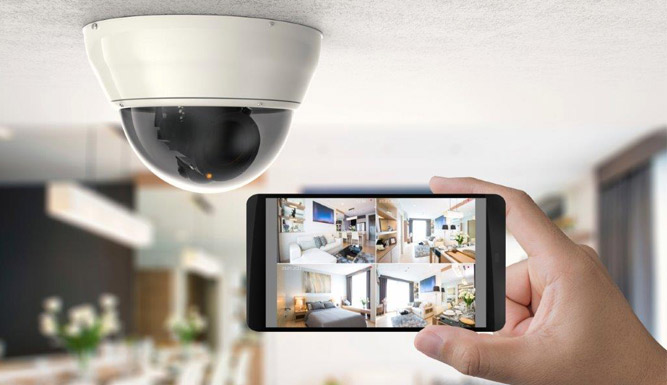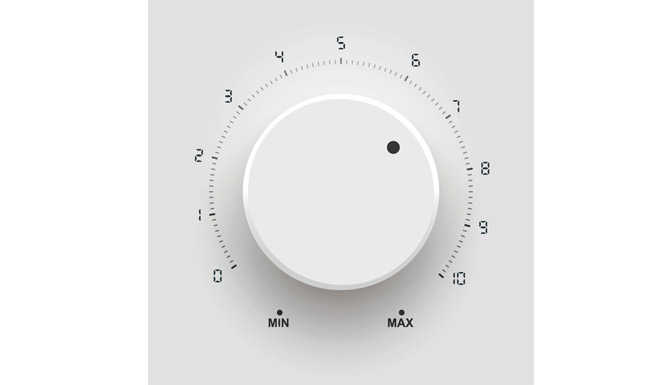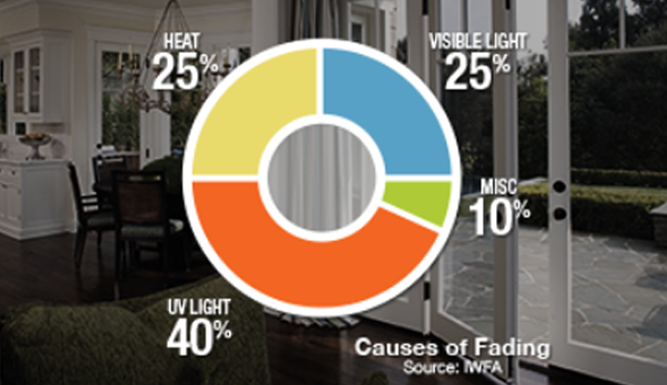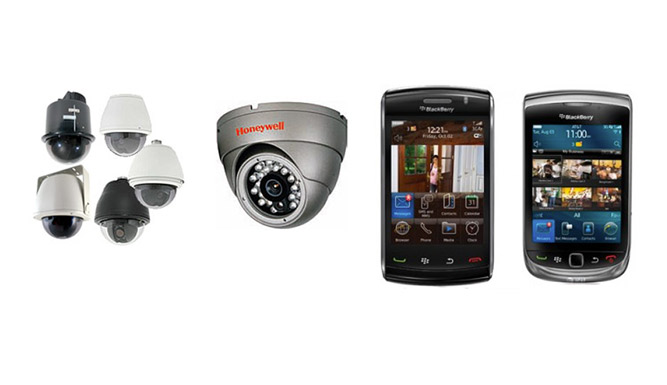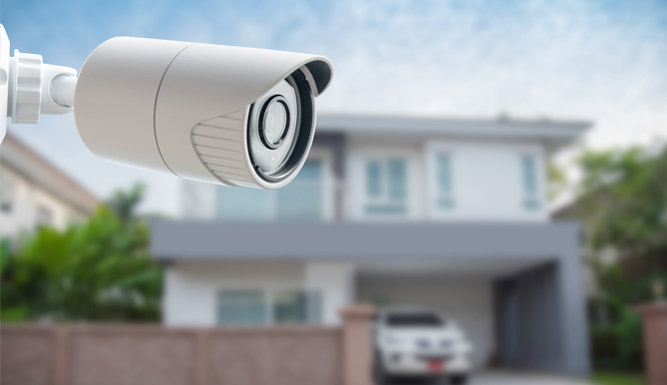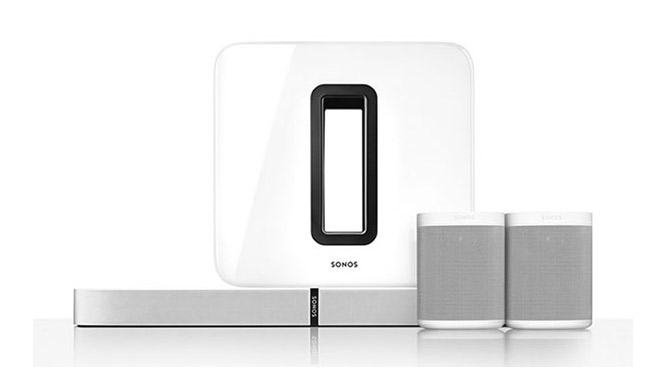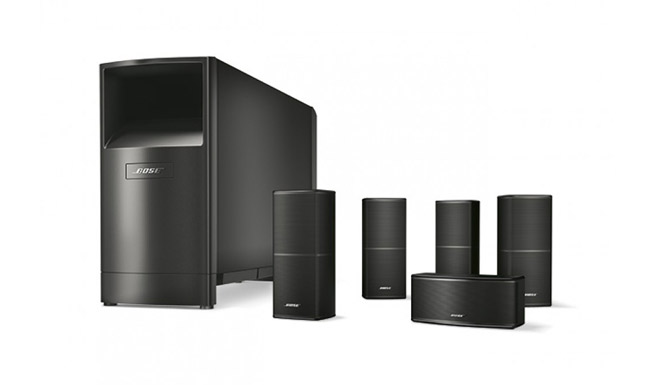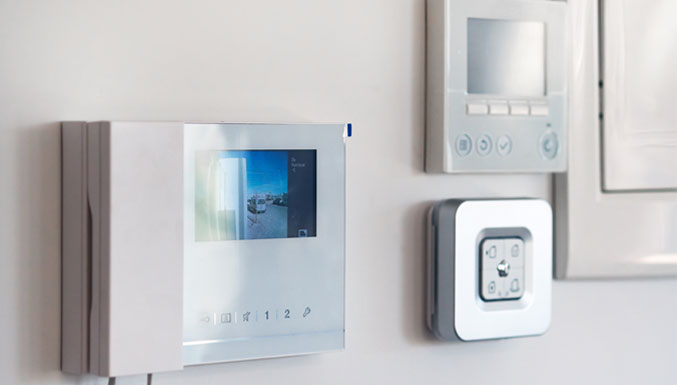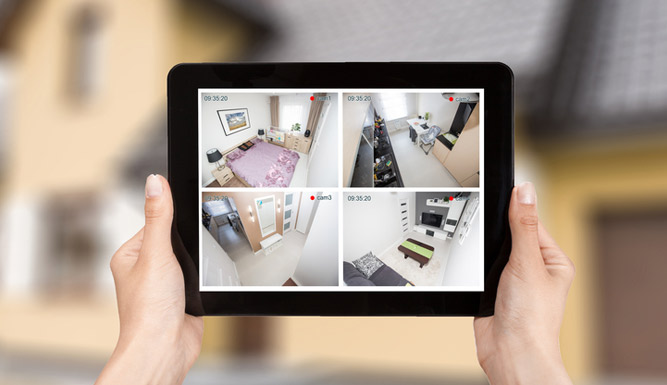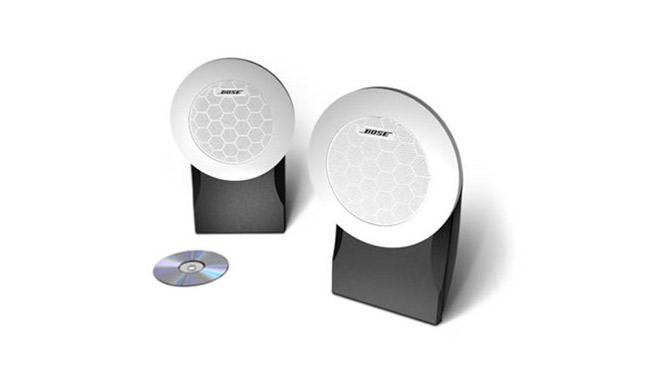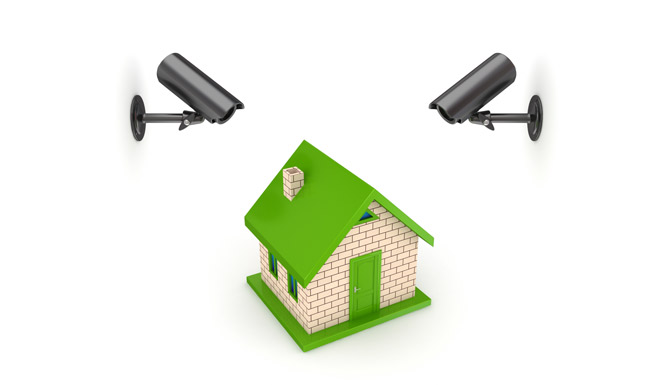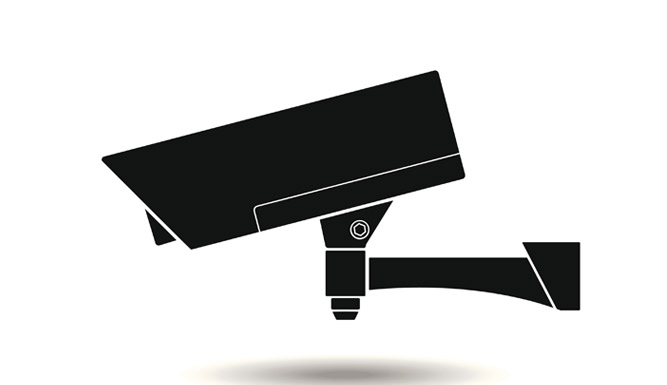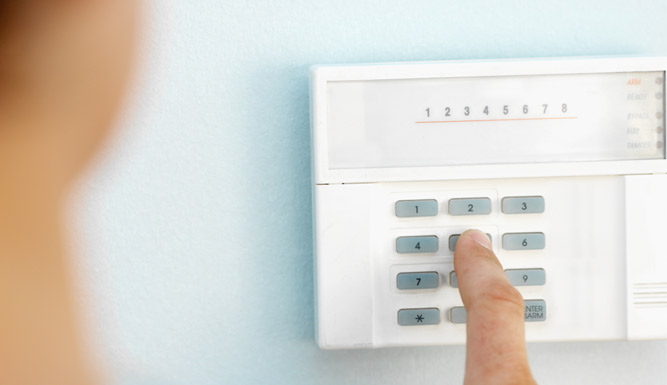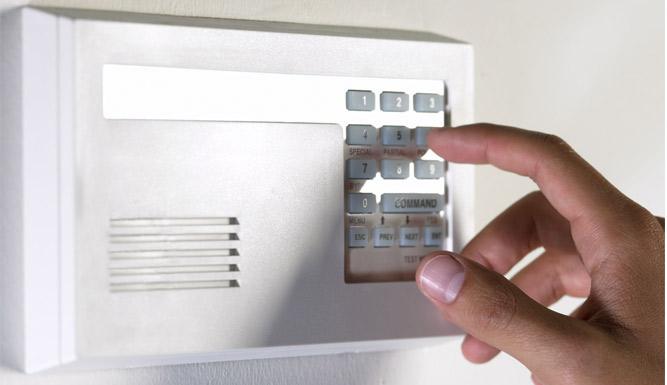What is a wireless security system and how does it work?
A wireless security system is a collection of wireless devices that work together to protect people, homes, buildings and assets from unwanted intruders and damage. These components communicate with each other through wireless signals produced by Wi-Fi, cellular signals or radio frequency. Unlike wired security systems, wireless systems are much easier to install and maintain since they don’t require the extra hassle of installing wires to run through walls, ceilings or floors.
Components of a wireless security system
-
- Control panel – The central hub that allows a user to manage and control all devices in a security system. The control panel receives signals from the other devices, then interprets those signals to determine whether it should notify the user of any potential danger. For example, if there’s an intruder who breaks into someone’s home, a sensor will detect their presence and send a signal to the control panel, which will then immediately notify the homeowner on their smartphone about the break-in.
A control panel can be installed in several areas of a home such as the entrance, living room and main bedroom. For commercial buildings, they can be installed in a dedicated security office, operations room or maintenance room. Some of the most common features of a wireless control panel include a touchscreen display, arm and disarm functions, various alarm and alert settings, remote control functions, system monitoring and the ability to integrate with other smart devices.
-
- Alarm communicators – An essential wireless component typically installed near the control panel and used to alert a monitoring center or emergency service about burglaries and other dangerous situations. Alarm communicators play an important role in a wireless system because they allow quick and effective communication to receive help, which can minimize the amount of harm inflicted on people and any property. Some common features of alarm communicators include system monitoring, remote control capabilities and two-way voice communication.
-
- Door/window sensors – These wireless sensors are attached to doors and windows and detect when they are opened or closed. This makes it a helpful device to detect when unwanted intruders attempt to enter a home or building through a door or window. When a door/window wireless sensor is triggered, it will immediately alert relevant users through their smartphone or security monitoring device. The installation process of a door/window sensor is simple and it’s easy to accommodate any type of door or window as they are offered in a variety of sizes. There are two parts of a door/window sensor: a magnet and sensor. The magnet is installed on the door or window, while the sensor should be installed on the frame.
-
- Motion sensors – These sensors work in a similar fashion to door/window sensors, except they detect any movement in a particular area. Motion sensors are excellent for providing additional security on top of the protection door/window sensors offer. Motion detectors are typically installed in areas where intruders are more prone to enter a home or building. This includes entryways, hallways, large rooms, stairways and even outdoor areas. Like door/window sensors, motion sensors offer an easy installation process and can accommodate different types of environments like public spaces, industrial environments, healthcare facilities and more. Some of the most common features of motion sensors include pet immunity to prevent false alarms, various detection ranges, adjustable sensitivity levels, tamper detection and the ability to integrate with other smart home devices.
- Environmental sensors and detectors – These wireless sensors are used to measure environmental quality and detect any potential hazards in a home or building. The most common types of environmental sensors and detectors include temperature sensors, humidity sensors, water leak sensors, smoke alarms, smoke detectors and carbon monoxide detectors.
Benefits of wireless security systems
Wireless security systems offer a wide range of benefits and more flexible security options compared to wired systems. This includes a significantly easier installation process, greater flexibility in system design, remote access and control, a feature to notify the user of low battery life and the ability to integrate with other smart devices such as smart locks, smart thermostats and smart lighting systems. Wireless systems are also a more affordable option compared to wired systems.
Ultimately, wireless security systems offer greater benefits and more customizable features that make it a superior choice compared to traditional wired security systems. Wireless systems are also easier to install and maintain and can be installed in a variety of residential and commercial verticals, including apartments, educational facilities, healthcare facilities, convention centers, hotels, banks, entertainment venues, restaurants and more.
Other benefits include:
- Protection and Peace of Mind: The primary purpose of a security system is to protect your home and loved ones. A wireless security system can deter potential intruders and provide peace of mind knowing that your property is monitored 24/7.
- Remote Monitoring: Many wireless security systems offer remote monitoring capabilities through smartphone apps or web portals. This allows homeowners to check the status of their security system, receive alerts, and view live camera feeds from anywhere in the world, providing an extra layer of security and control.
- Quick Installation: Wireless security systems are typically easier to install than wired systems. They don’t require drilling holes for wires, which can be time-consuming and invasive. This makes them a more convenient option for renters and homeowners alike.
- Scalability: Wireless systems are modular and scalable. You can start with a basic system and expand it as needed by adding more sensors, cameras, or other devices. This flexibility allows you to customize your security setup to fit your specific needs.
- No Vulnerable Wiring: Wired systems can be vulnerable to tampering because intruders can cut or disable the wires. In contrast, wireless systems are not reliant on physical wires, making them less susceptible to this type of sabotage.
- Integration with Smart Home Devices: Many wireless security systems can integrate with other smart home devices such as smart locks, thermostats, and lights. This enables you to create a comprehensive and automated home security ecosystem.
- Reduced False Alarms: Advanced wireless security systems often use multiple sensors and verification methods, reducing the likelihood of false alarms triggered by pets, insects, or other non-threatening factors.
- Emergency Response: In the event of a break-in or emergency, wireless security systems can quickly alert monitoring services or emergency responders, increasing the chances of a swift response and minimizing potential damage or harm.
- Insurance Benefits: Some homeowners’ insurance providers offer discounts for homes equipped with monitored security systems. Installing one can lead to cost savings on your insurance premiums.
- Resale Value: A home with a robust security system may have a higher resale value and can be an attractive feature for potential buyers.
- Environmental Monitoring: Beyond security, some wireless systems offer environmental monitoring features, such as smoke detectors and carbon monoxide detectors, which can save lives and prevent property damage.
- Deterrent Effect: The presence of visible security cameras and sensors can act as a deterrent to would-be criminals, potentially preventing break-ins or vandalism in the first place.
While there are many benefits to installing a wireless security system, it’s important to carefully research and choose a system that best fits your specific needs and budget. Additionally, professional installation and monitoring services can provide additional layers of security and convenience, depending on your preferences.
For more information: https://www.tnsecuritypittsburgh.com/services/residential-wireless-security-systems/
With over 30 years of experience in the security and monitoring industry, T.N. Security’s mission is to provide the most advanced protection with interactive communications capabilities to Pittsburgh homes and business. From residential whole-house audio systems, wireless security systems, and LED lighting to commercial structured wiring for voice, video and data, T.N. Security has what you need to meet your audio, lighting, and security needs.
Latest posts by Ed Nuttall
(see all)




















